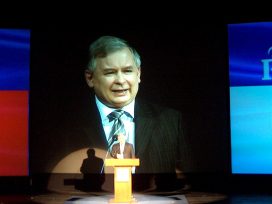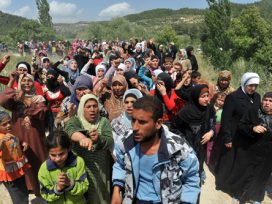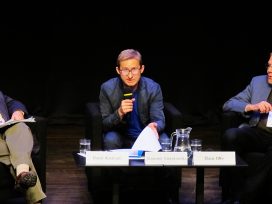Slawomir Sierakowski
Sociologist and political commentator. Founder and leader of Krytyka Polityczna, a Polish movement of liberal intellectuals, artists and activists, with branches in Ukraine and Russia. Director of the Institute for Advanced Study in Warsaw and president of the Stanislaw Brzozowski Association, overseeing its publishing house, website and cultural centres in Warsaw, Gdansk, Lodz and Cieszyn and Kiev. Graduate of the University of Warsaw; previously fellow at Yale, Princeton, Harvard and the Institute for Human Sciences, Vienna. Columnist for The International New York Times and now for Project Syndicate; has published articles in The Guardian, El País, Haaretz, Die Tageszeitung and Gazeta Wyborcza.
Articles

Patterns of illiberalism in central Europe
A conversation with Anton Shekhovtsov
Poland’s turn to the right has refocused attention on the roots of the region’s illiberal democracies. Anton Shekhovtsov considers the implications of these developments for Europe as a whole.

Nobody wants to be a refugee
A conversation with Seyla Benhabib
The current crisis is generating the myth of borders as controlled, says Seyla Benhabib. But this is only a myth. It is a fact that states are escaping their obligations under international and European law; while migrants themselves may be helping to keep the social peace between classes.


